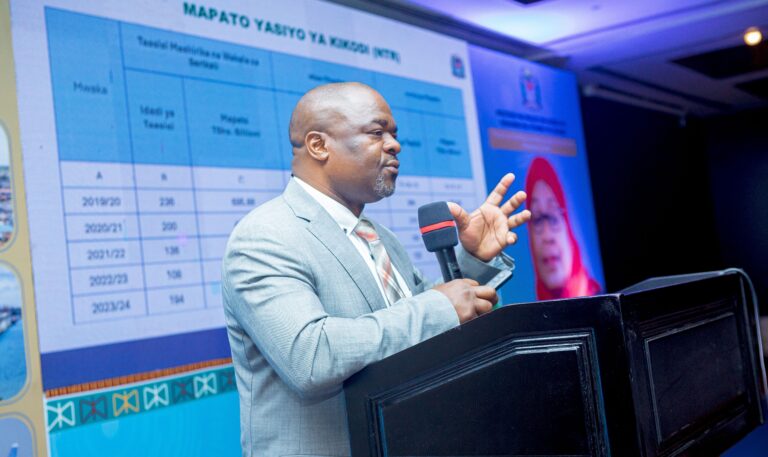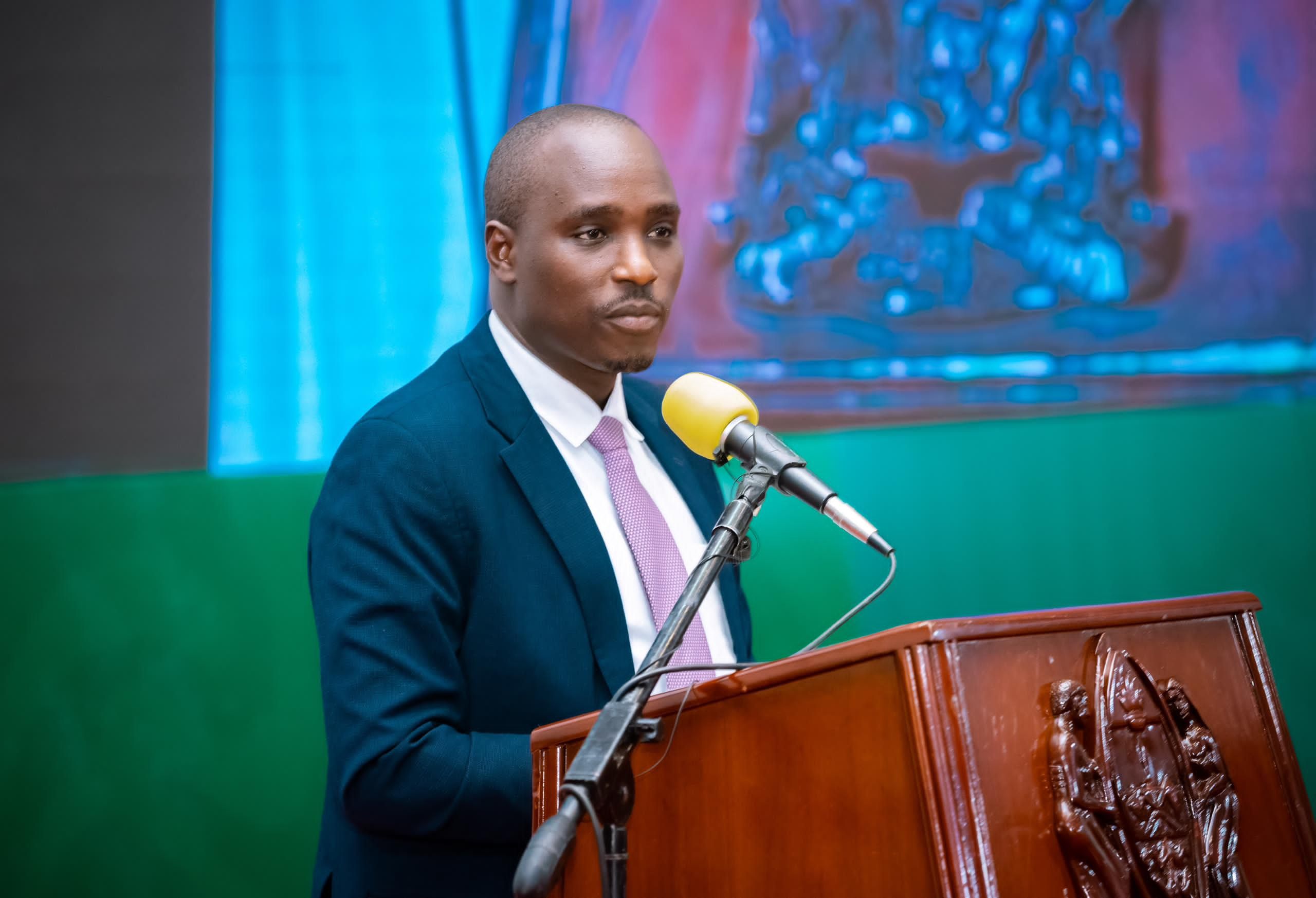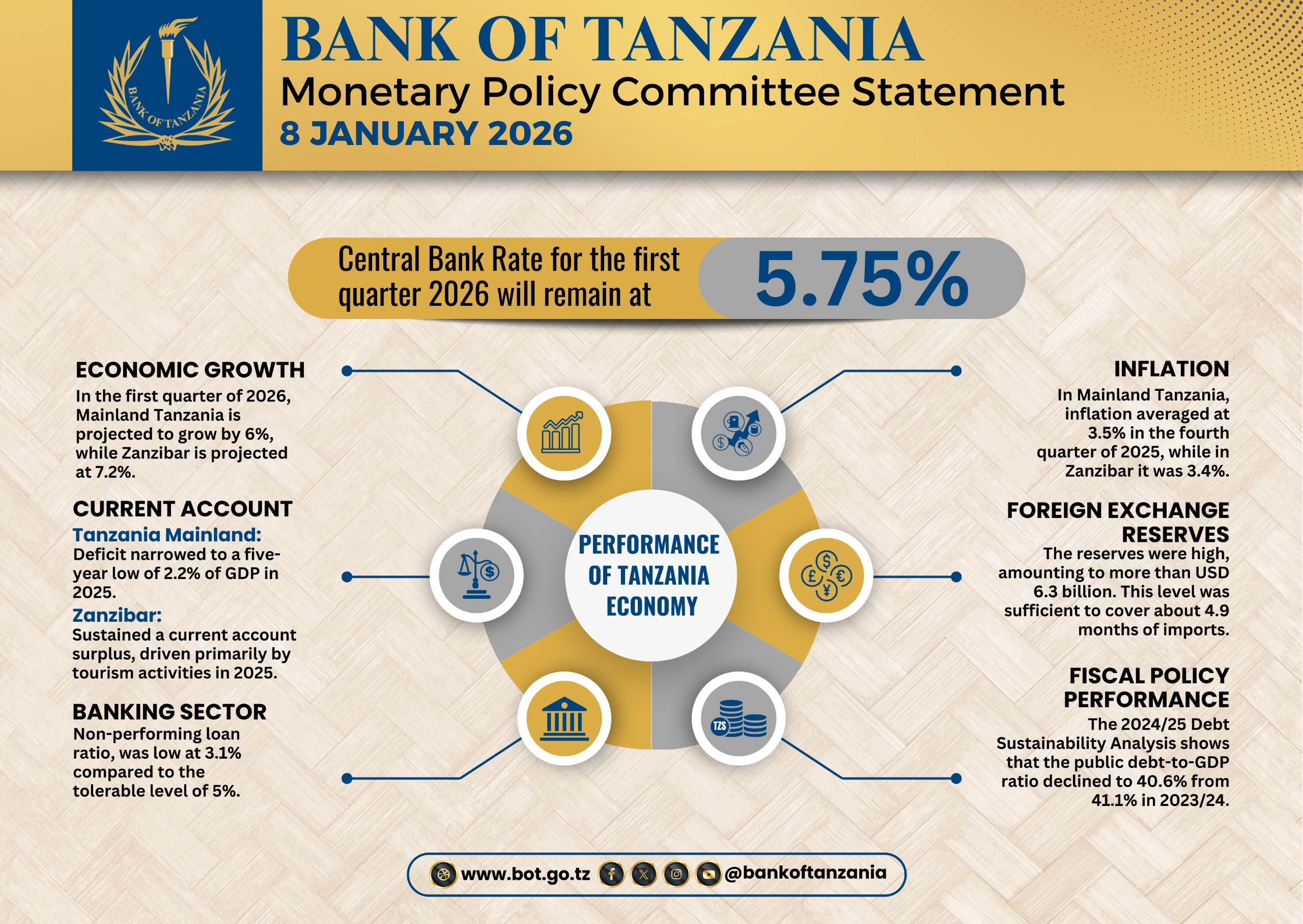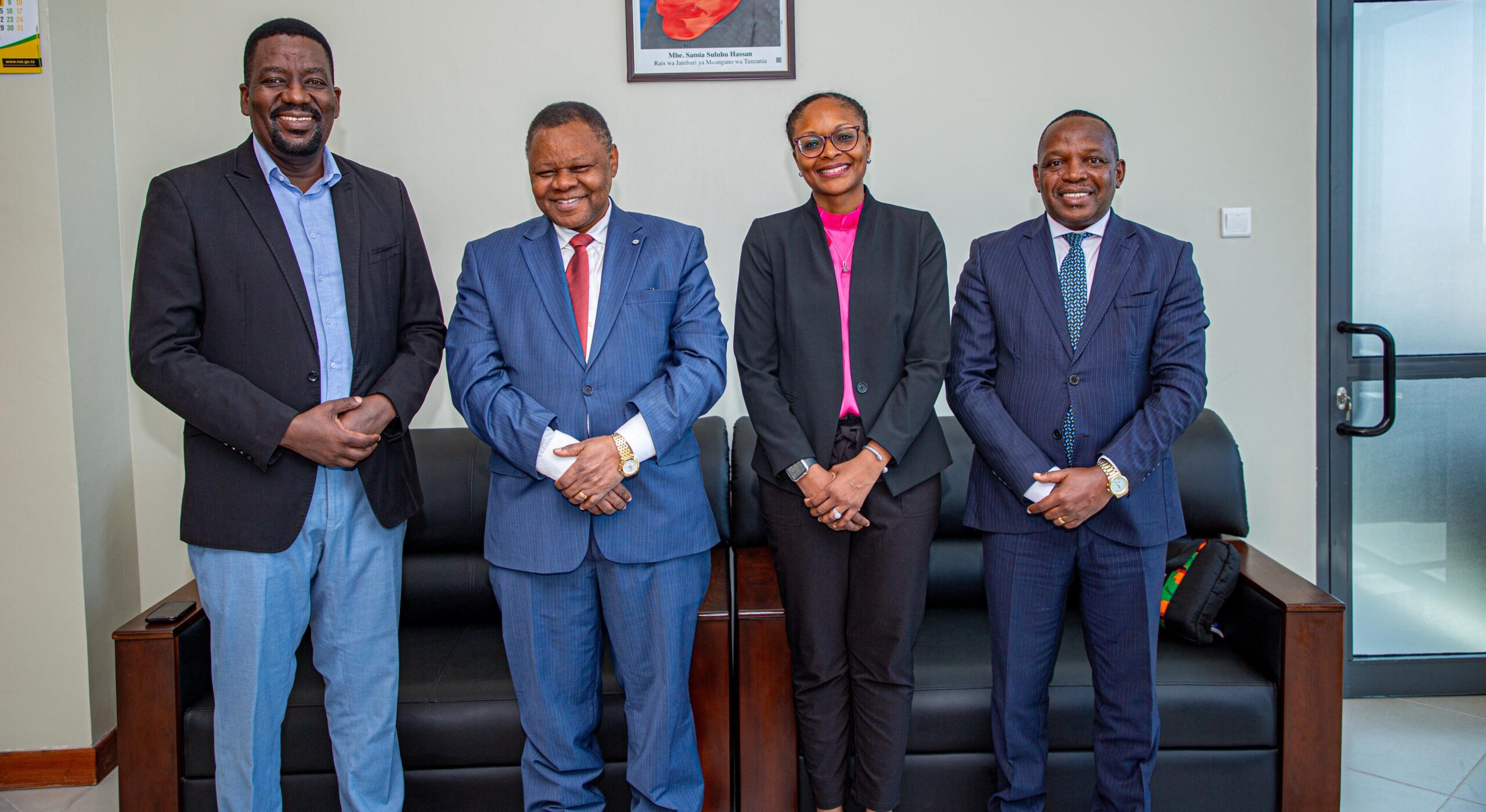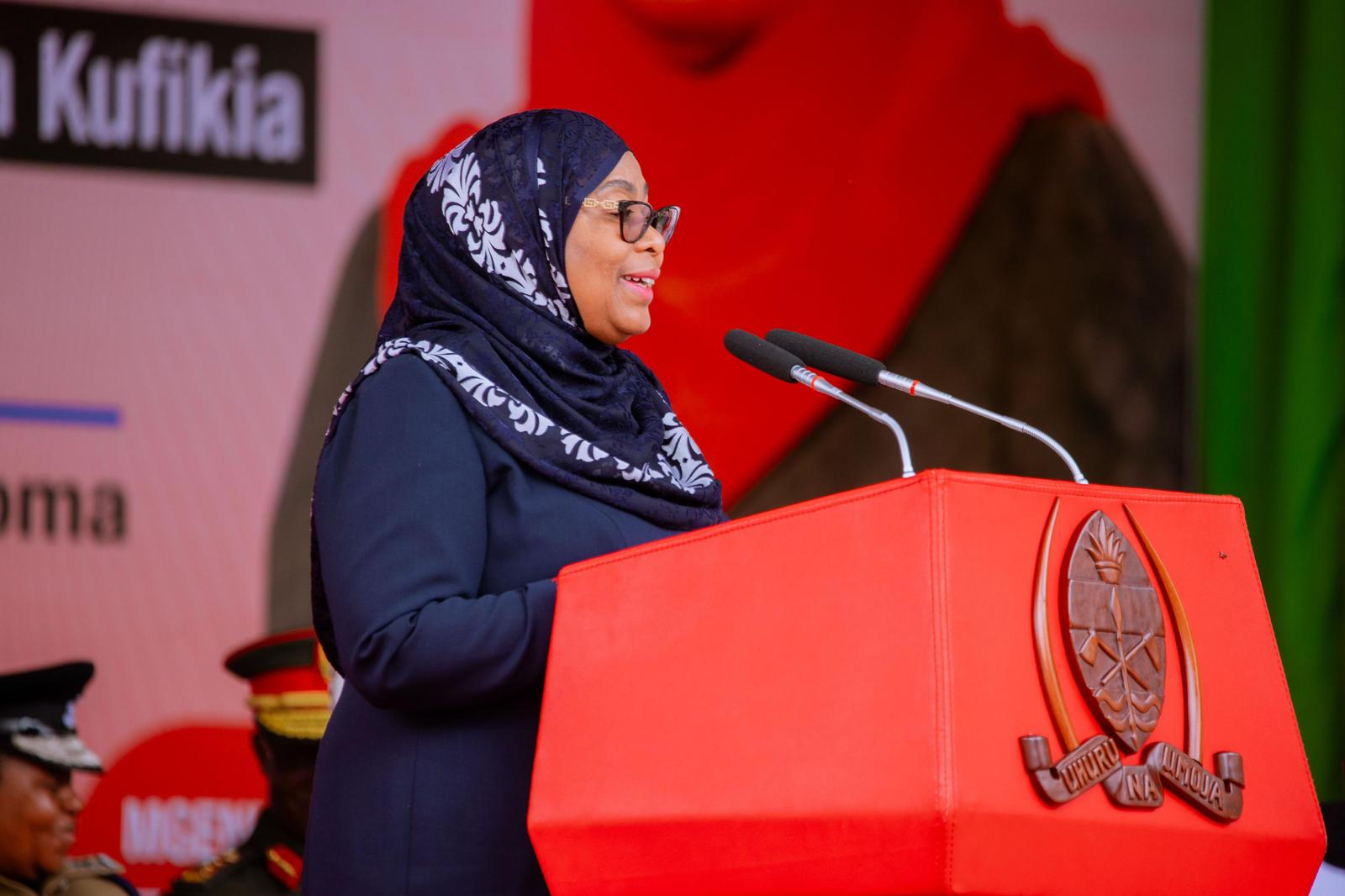Dar es Salaam. The Office of the Treasury Registrar has set an ambitious target to collect Sh1 trillion in non-tax revenue during the 2024/25 financial year.
Speaking at a breakfast meeting with editors in Dar es Salaam on Monday, June 2, 2025, the Treasury Registrar, Mr Nehemiah Mchechu, revealed that the office had already collected nearly Sh900 billion from approximately 200 public institutions and companies in which the government holds minority shares.
“As of today, June 2, 2025, our office has collected close to Sh900 billion in non-tax revenue, and we are determined to reach Sh1 trillion by the end of the financial year,” Mr Mchechu said.
If achieved, this would mark a 30.4 percent increase from the previous financial year, during which Sh767 billion was collected.
The non-tax revenue is generated from several key sources, including dividends, contributions equivalent to 15 percent of gross revenue, loan repayments, interest from on-lent funds, and fees collected through the advanced Telecommunications Traffic Monitoring System (TTMS).
Among these, dividends play a particularly critical role.
To ensure the Sh1 trillion target is achieved, Mr Mchechu called on all institutions that have not yet submitted their dividends to do so within the current week.
“All institutions that have not yet submitted dividends to the government must do so this week so that by Dividend Day, on June 10 this year, no entity is in default,” he emphasised.
According to Mr Mchechu, the significant growth in non-tax revenue is largely attributed to strengthened monitoring mechanisms for dividends and contributions from public corporations, alongside enhanced use of Information and Communication Technology (ICT) systems.
“The office has successfully integrated the Planning and Budgeting System (PlanRep) with ERMS and e-Watumishi systems, and has also upgraded the MUSE system, which now provides real-time data on expenditures within public institutions,” he underscored.
He went on to add: “This has boosted transparency and accountability in the management of public funds.”
He further added that these improvements have enabled seamless information sharing between systems, in line with President Samia Suluhu Hassan’s directive for integrated digital infrastructure within the public sector.

